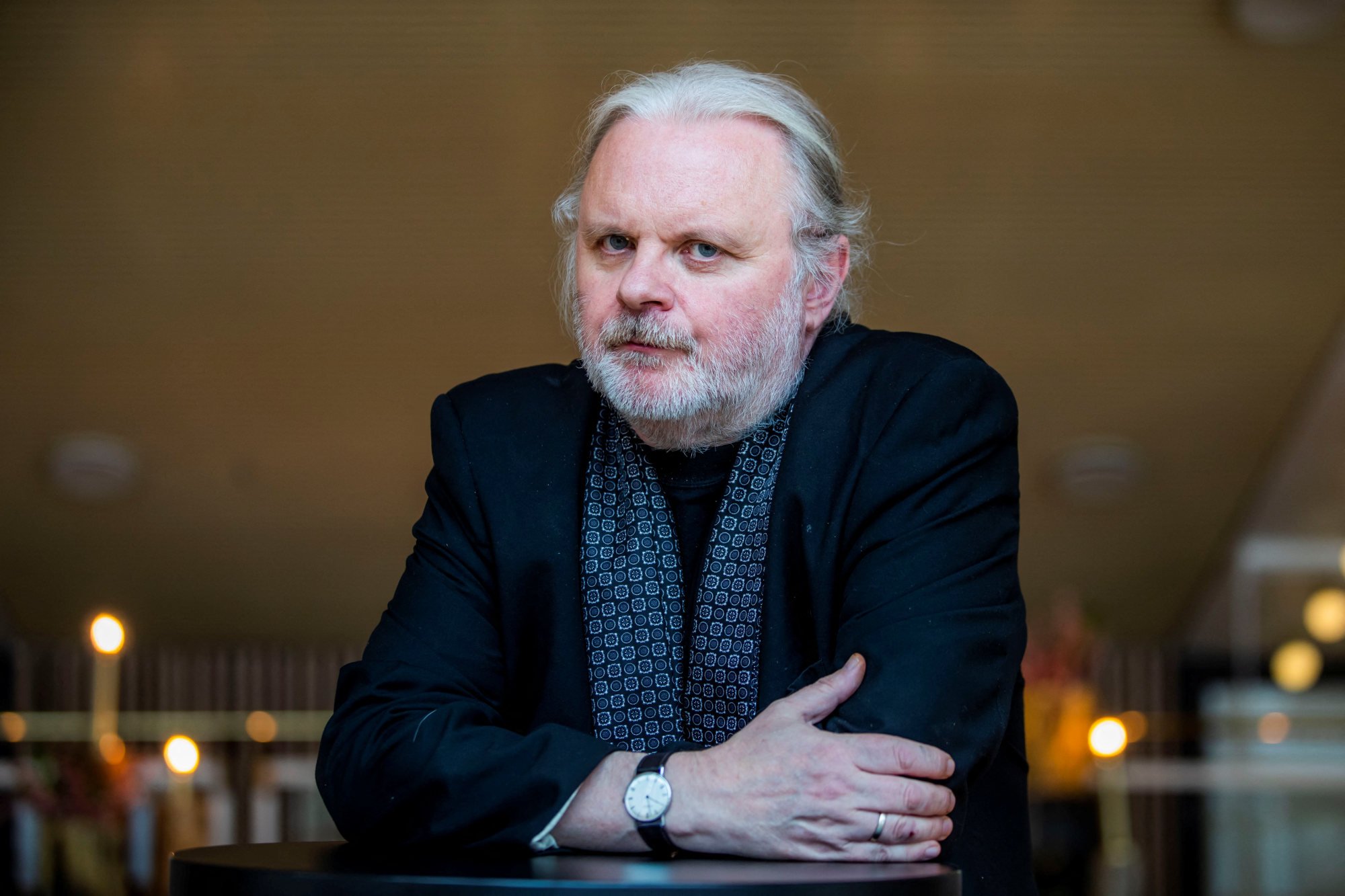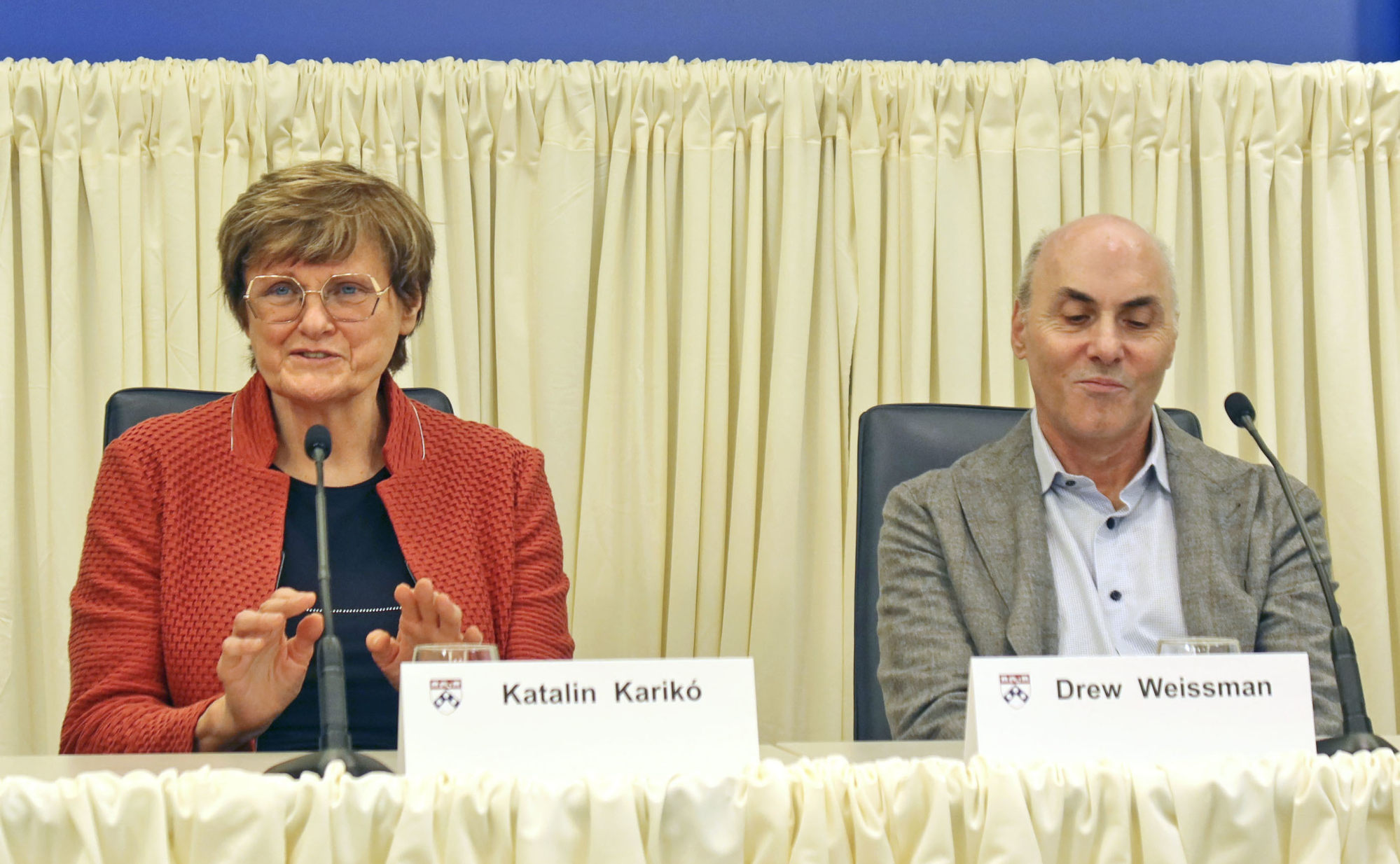
Nobel Literature Prize 2023: Norway’s Jon Fosse honoured for ‘giving voice to the unsayable’
- Often compared to Samuel Beckett, Fosse’s work is minimalistic, relying on simple language which delivers its message through rhythm, melody and silence
- Fosse writes in the least common of the 2 official versions of Norwegian, known as ‘new Norwegian’ and used by only 10 per cent of the country’s population
This year’s Nobel Literature Prize has been awarded to Norway’s Jon Fosse for his “innovative plays and prose, which give voice to the unsayable,” according to the Swedish Academy.
His writing is defined more by form than content, where what is not said is often more revealing than what is.
Often compared to Samuel Beckett, Fosse’s work is minimalistic, relying on simple language which delivers its message through rhythm, melody and silence.
His major works include Boathouse (1989), which was well-received by critics, and Melancholy I and II (1995-1996).
“I am overwhelmed, and somewhat frightened. I see this as an award to the literature that first and foremost aims to be literature, without other considerations,” Fosse, who is also a poet, said in a statement.
Fosse, 64, who writes in the least common of the two official versions of Norwegian, said he regarded the award as a recognition of this language and the movement promoting it, and that he ultimately owed the prize to the language itself.
Known as “new Norwegian” and used by only about 10 per cent of the country’s population, Fosse’s version of the language was developed in the 19th century with rural dialects at its base, making it an alternative to the dominant use of Danish that followed from a 400-year union with Denmark.

In addition to more than two dozen plays, the prolific writer has also published novels, essays, collections of poetry and a string of children’s books over a period of four decades.
One of his country’s most-performed dramatists he has written some 40 plays as well as novels, short stories, children’s books, poetry and essays.
According to his publisher, Fosse’s work has been translated into more than 40 languages, and there have been more than 1,000 different productions of his plays.
The literature prize has long faced criticism that it is too focused on European and North American writers, as well as too male-dominated.
In 2018, the award was postponed after sex abuse allegations rocked the Swedish Academy, which names the Nobel literature committee, and sparked an exodus of members. The academy revamped itself but faced more criticism for giving the 2019 award to Austria’s Peter Handke, who has been called an apologist for Serbian war crimes.
The Literature Prize is the fourth Nobel award announced in Stockholm, Sweden, this week.

On Monday, Katalin Kariko and Drew Weissman were announced as laureates of the Medicine Prize for research that laid the groundwork for messenger-RNA vaccines against Covid-19.
On Tuesday, scientists Pierre Agostini, Ferenc Krausz and Anne L’Huillier won the Physics Prize for experiments that gave humanity new tools for exploring the world of electrons inside atoms.
Scientists Moungi Bawendi, Louis Brus and Aleksey Ekimov won the Chemistry Prize on Wednesday for their discovery of tiny clusters of atoms known as quantum dots, widely used today to create colours in flat screens, light emitting diode (LED) lamps and devices that help surgeons see blood vessels in tumours.
Except for Economics, the prizes were endowed by Swedish industrialist Alfred Nobel, the inventor of dynamite.
The first awards were handed out in 1901, five years after Nobel’s death.
Each prize is worth 11 million kronor (US$1 million) and will be handed out with a diploma and gold medal on December 10 – the date of Nobel’s death in 1896.
The French writer Annie Ernaux won the Literature Prize last year “for the courage and clinical acuity with which she uncovers the roots, estrangements and collective restraints of personal memory,” as the academy put it.
The year before, the award surprisingly went to the then relatively unknown Tanzanian writer Abdulrazak Gurnah.
After Thursday’s announcement, the Nobel season continues Friday with the highly-anticipated Peace Prize, the only Nobel announced in Oslo.
The Economics Prize wraps things up on Monday, October 9.
Reporting by Associated Press, Agence France-Presse, Reuters
